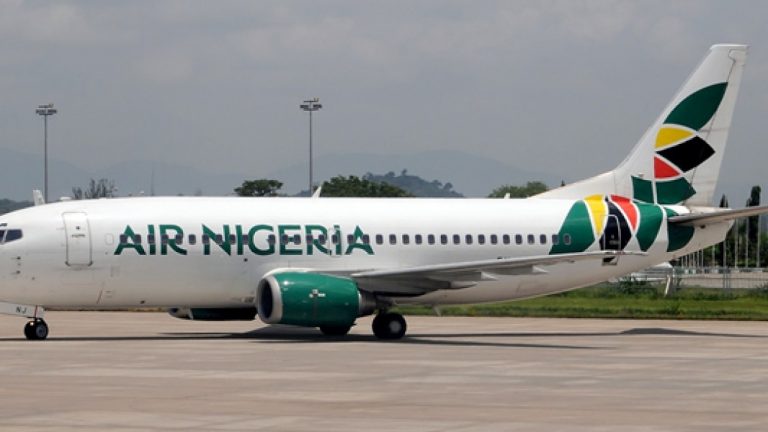The reduction of airfare of Lagos to London route by Air Peace has ignited price war in the aviation industry thereby raising concerns over the seeming move by foreign airlines to run the Nigerian carrier out of business.
Already, there are mixed feelings in the industry over the sudden reduction of prices beyond normal rate.
Many believe the development may not have been informed by genuine concern for passengers, but a retaliatory move against Air Peace for earlier crashing the exorbitant prices the airlines charged.
Depending on the airline and time of booking, some mega carriers including British Airways, which charged about N3 million for economy class, now sells the same ticket for less than N2 million.
In recent days also, Royal Air Maroc had dropped its economy ticket to as low as ($456.99) N569,422, just as Virgin Atlantic ($927.99) N1.1 million and Egyptair ($470) N585,620 respectively reduced theirs.
Air Peace’s economy ticket was N1.2 million; British Airways’ ($1,348) N1.5 million; Royal Air Maroc’s ($1,299,40) N1.4 million and Virgin Atlantic’s ($1,158) N1.3 million.
Commenting on the development, former acting Managing Director of the Nigerian Civil Aviation Authority, Mr Benedict Adeyileka, said the aviation world was a competitive market.
Adeyileka said: “It is a business and everybody has to sell. Yes, there is politics in it, but it also gives room for price fixing. Frankly, price fixing is a very difficult war to fight. There are reasons the price went up before.
”First, there was demand. And once there is demand, the price goes up. Second, they had no competition. We had no Nigerian airline doing international flights until Air Peace came into the picture.
“On its own, Air Peace drove the price down. Nevertheless, let me put this on record. The foreign airlines would not have succeeded in doing this without the cooperation of Nigerians. Who are the people selling tickets in Nigeria? They are Nigerians.
”Who are the people giving them multi-city designations? It’s Nigerians. Who are the people allowing Lufthansa to come into Abuja, and from Abuja goes to Port Harcourt? It’s Nigerians. Nigerians are the people allowing Qatar to do the same.
“If the government wants to help, it needs to make it easier for Air Peace to do the same thing that its competitors do. Second, the government can also send a memo out to all government officials, saying if you are traveling out on government funds, you can only fly Air Peace or a Nigerian airline.
”Honestly, Air Peace needs all the support it can get. Unfortunately, I don’t see Nigerians as very patriotic people. Some people would refuse to fly Air Peace because of their slave mentality, yet they will go and fly a 60-year old British Airways or Lufthansa aircraft that was repainted and redecorated.”
An aviation management consultant, Mr Babafemi Adeniji, on his part, wondered if the ongoing development could be called a price war.
Adeniji said: “Can we really describe this as a price war? I think it is premature to say it is. Air Peace made an introductory offer to woo price sensitive customers and, as is normal, we have a reaction from the competitors.
”The ultimate winner in any price war is the carrier with the lowest cost. The cost advantage is with the foreign carriers, given their scale and financial position.”
On what Air Peace could do, Adeniji called for two options, saying: “It either wins by having the lowest cost or finding a way to differentiate itself so that price may not be the main point of decision. Air Peace should strive to leverage their domestic and regional operations to drive loyalty and patronage.
”I am sure the Chief Executive Officer of Air Peace and his team expected a response. I think we need to move away from the toxic rhetoric and take a harder approach to the issue so we can engage more constructively. It’s a response. When you go and pick fights, do you expect competition to roll over and die?”
On how government can also help the indigenous carrier, the expert argued that “it can improve the suffocating business environment by solving the major issues that make the cost of doing business exorbitant and uncompetitive.”






